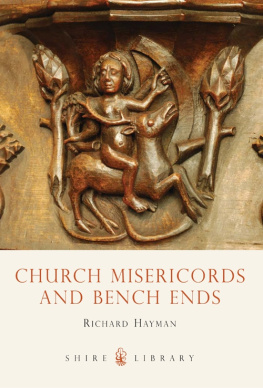
Discover books by Richard Church published by Bloomsbury Reader at
www.bloomsbury.com/RichardChurch
A Stroll before Dark
Over the Bridge
The Dangerous Years
The Voyage Home
Share your reviews and comments with us via info@bloomsburyreader.com.
Richard Church was born in London in 1893. At the age of sixteen, persuaded by his father, he took a position as a clerk in the Civil Service where he worked for the next twenty-four years. During that time he worked tirelessly on his love of all things literary, devoting early mornings, between 5 and 7, and most of his evenings to writing and reading. In 1917 this hard regime was rewarded and his first volume of poetry, The Flood of Life, and Other Poems, was published. But real success and acclaim came only in 1926 with the publication of Portrait of the Abbot.
In 1930 Richard gave up his position with the Civil Service and began a full-time writing career. He died in 1972, with over sixty books of poetry and prose to his name, having firmly established his position in English literary heritage.
THE
VOYAGE HOME
by
RICHARD CHURCH

For copyright reasons, any images not belonging to the original author have been removed from this book. The text has not been changed, and may still contain references to missing images.
This electronic edition published in 2015 by Bloomsbury Reader
Bloomsbury Reader is a division of Bloomsbury Publishing Plc, 50 Bedford Square, London WC1B 3DP
First published in Great Britain in 1964 William Heinemann Ltd
Copyright 1964 Richard Church
All rights reserved
You may not copy, distribute, transmit, reproduce or otherwise make available this publication (or any part of it) in any form, or by any means (including without limitation electronic, digital, optical, mechanical, photocopying, printing, recording or otherwise), without the prior written permission of the publisher. Any person who does any unauthorised act in relation to this publication may be liable to criminal prosecution and civil claims for damages.
The moral right of the author is asserted.
eISBN: 9781448214891
Visit www.bloomsburyreader.com to find out more about our authors and their books. You will find extracts, author interviews, author events and you can sign up for newsletters to be the first to hear about our latest releases and special offers.
You can also find us on Twitter @bloomsreader.
Contents
To
C. A. C.
(the silversmith)
The concept of earthly happiness is,
after all, bound up with life in the home.
Clara Schumann, in a letter to Johannes Brahms.
Chapter One
By Way of a Prologue
[1]
Sooner or later we all turn homeward. A man who dies on foreign soil is judged to have had a sad end. To escape the possibility of such a fate, every human being is possessed by an instinctive urge to hurry home. I noticed this when I was a boy, working in the laboratory in the Custom House, beside Billingsgate Market. I walked over London Bridge twice a day, morning and evening, wedged in the solid phalanx of humanity moving into London City, and out of it again.
I noticed how that tide of trousered or skirted legs was sluggish in the morning, as it trickled towards offices and warehouses; how it rushed like the Severn Bore into London Bridge Station after the days work, blown by a gale of furious purpose, the desire to get home.
I felt the impulse in my own blood. What was this urge, this primitive anxiety? Are men and women infected by some racial fear of the jungle, that drives them to seek the safety of the cave, even after several thousand years of the assurances of civilization? I remember now, half a century since the routine of those years in the laboratory, more vividly than I remember all other moods and events, this eagerness to get home to my rooms on Denmark Hill. The urge often made me break into a jog-trot over London Bridge, risking my life by edging out of the crush from the pavement to the gutter. Sometimes, I even had the illusion of rising above the heads of the crowd, and gliding like a seagull, levitated by my own frenzy.
It was as though I were expecting a visitor, some fabulous person, a dream-spirit, or a lover. But I knew that I should find my rooms as I had left themempty: the breakfast cup and saucer in the sink, still to be washed; the volume of La Fontaines Fables still open on the kitchen table, where I had been memorizing those lucid phrases, to improve my knowledge of French, before setting out every morning.
I knew, too, that as I put the key in the door, and entered my solitude, a cold, sinking sensation would seize me, like a stomach cramp, as once again the cheat of anticipation worked.
Yet in spite of this consciousness, and of my reasonable efforts to control its defeatist effects, I rushed home every day breathless with anticipation. In this I was but an individual in the mortal stampede. The same intent lit the eyes and set the mouths of those thousands leaning forward as they pressed on towards the flashing Bovril advertisement at the entrance to London Bridge Station Yard.
Not much farther along the Borough High Street stood the Tabard Inn, from which Chaucers Canterbury pilgrims set out six hundred years earlier. I wish he had described their homecoming. Was the expression on their faces the same as that of those twentieth-century commuters, of whom I was one?
This vestigial habit is never quite lost. Indeed, as we grow, or shrink, into old age, the craving for home revives with redoubled force, the dominant of our second childhood. It is not a matter of cowardice, or timidity. People driven by the wanderlust, and those who are dare-devils always out in search of adventure in fresh woods and pastures new, come home from time to time, to look around at the familiar scene, and to recognize it with an emotional response that is awestricken, mystical. Even on our travels, the first thing we do on stopping for the night is to set up a simulacrum of home, temporary, but representative of and singular to our own selves: an altar to privacy.
The habit, the craving or instinct, cuts close and intimately into our lives. No outside directive, of politics, religion, or economic necessity, can wholly destroy it. A child in an orphanage will secrete a pathetic hiding-place, a mouses nest, where he may be alone with his possessions, and thus assured of that universe.
There must be some cause, outside the reach and explanations of reason, for this homing instinct. It directs the centripetal movements of all organic life. The anemone in the sea is wholly conditioned by it, and remains anchored in its own lair. The pigeon released at the caprice of the fancier needs only to make a few circles in the foreign air, before orientating itself and winging direct for the cote.
The man who wrote of the kindred points of Heaven and home was near the heart of this mystery, which controls us not only in our flight but also in our moments of rest, especially if that rest be the immobility of pain, of suffering, of despair. As we crouch away from the world, seeking like the wounded plover to merge, unobservable, into our surroundings, we contrive even to make a home of that condition. The very attributes of our person, our clothes, the contents of our pockets and bags, become aspects and symbols of home: sufficient to reassure us, if we are in mortal fear, and to preserve our sense of identity and self-respect.
Next page

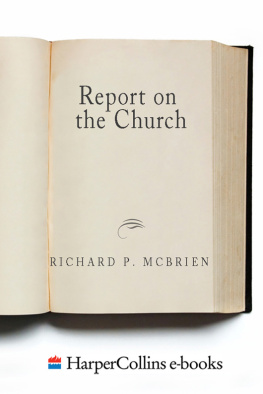
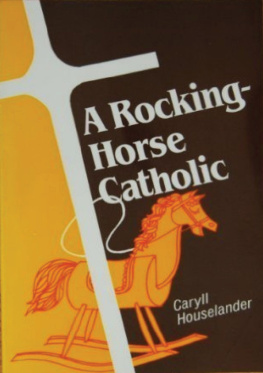
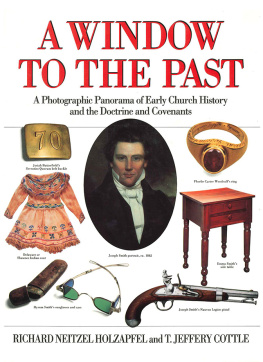

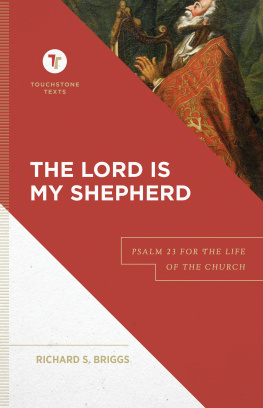
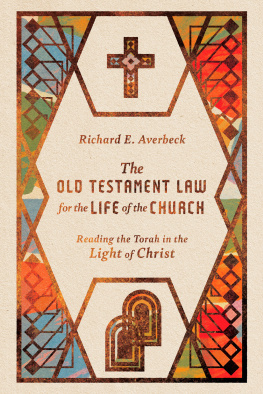
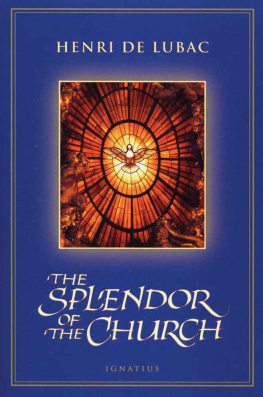
![Richard Woodman [Richard Woodman] - The Disastrous Voyage of the Santa Margarita](/uploads/posts/book/140251/thumbs/richard-woodman-richard-woodman-the-disastrous.jpg)
